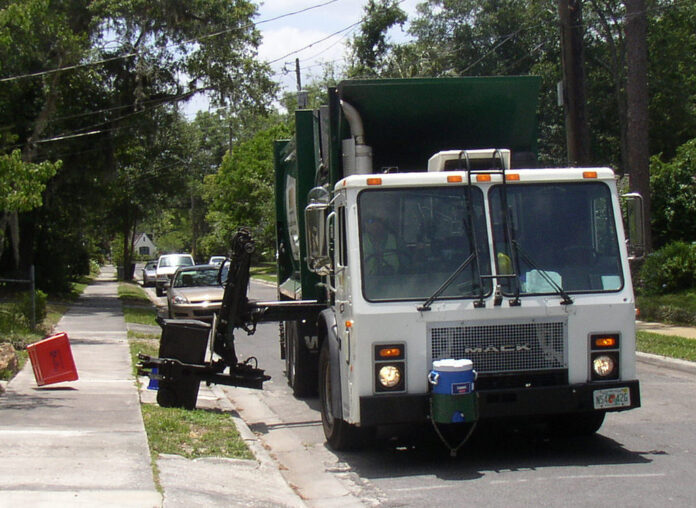Tipping fees at landfills and transfer stations within the Regional District of Central Kootenay will experience a 10 per cent increase by the end of the week.
A tipping fee, referred to as a user fee on the RDCK website, is the fee paid by landfill users based on weight.
RDCK environmental services manager Uli Wolf says the increase will amount to approximately 25 cents per residential waste container.
“The container price here in the central sub-region increased from $3.75 to $4, and the per-ton cost for commercial haulers that have larger volumes goes up from $137 to $151 per ton.”
The RDCK already implemented a 10 per cent increase in tipping fees back in April. Wolf says both increases are the result of inflation and were inevitable, but adds that the RDCK didn’t anticipate January’s to be as significant.
“We did expect some increases over the course of the year, given the ongoing inflation that was in place. The fact that we had to go as high as we did was a little bit of a surprise,” he said.
“Part of it was that we had the implementation of the last increase in April, but the original budget had foreseen an early implementation of that. So, in reality, we had less tipping fee revenues than we had anticipated in the original budget in 2023, and part of that we need to compensate with the current increases.”
According to Wolf, the increases will also help the RDCK replenish its diminishing reserves, which fund major capital projects. He says that over the last few years, inflation has resulted in other regulatory cost increases that have severely depleted the district’s reserves.
“Over the years, we’ve depleted any reserves that were in place, and that requires us to take out loans for capital projects. With the increased cost of loans, the borrowing cost for interest and principal payments this year is over $1.3 million. So that is something we need to compensate for and account for, and we try to compensate for that with increases both on the taxation side and the tipping fee side.”
Wolf also explained that the RDCK relies on tipping fees and taxation to support its recycling program and a variety of subsidized waste disposal programs offered throughout the year for residents to dispose of certain materials free of charge.
“The yard and garden waste that we accept for portions of the year for free need to be stored, transported, and ground up through a contractor. That’s all a cost that needs to be recovered from the other waste materials or through taxation.”
To try to avoid significant increases in the future, Wolf says the RDCK has brought on a consultant to review the district’s waste and resource recovery operations, and rates, to point out where potential efficiencies could be gained for future budget planning.






